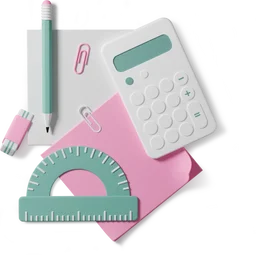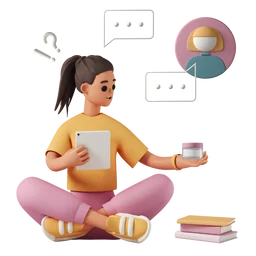Certainly, here's a longer paragraph that expands on the main points: Developing critical thinking skills is a valuable process that requires time and effort, but it's worth it. One of the most important principles of critical thinking is questioning assumptions. It's crucial to challenge what you're told, even if it comes from a trusted source. This doesn't mean you should always be skeptical, but rather, you should be open to new information and willing to challenge your own beliefs. When you encounter new information, take the time to analyze it. Break it down and examine it. Identify the main points, and consider the evidence presented. Don't just accept things at face value. Another crucial aspect of critical thinking is using logic and reasoning to make sense of information. This means evaluating arguments, spotting fallacies, and identifying biases. You should be able to identify the difference between fact and opinion and use reasoning to evaluate the evidence presented. It's important to consider different perspectives when developing critical thinking skills. When you encounter an issue, take the time to explore all angles of it. Consider the different viewpoints and think about the implications of each one. Looking for patterns and connections is also a critical part of developing critical thinking skills. When you encounter new information, try to connect it to what you already know. This can help you identify patterns and make predictions about future outcomes. Finally, it's crucial to evaluate your own thinking. Be aware of your own biases and assumptions, and question them. Ask yourself if there's evidence to support your beliefs, and if not, be willing to reconsider them. In conclusion, developing critical thinking skills requires a lot of practice and patience. By questioning assumptions, analyzing information, using logic and reasoning, considering different perspectives, looking for patterns and connections, and evaluating your own thinking, you can improve your critical thinking skills and make better decisions. Remember to be open to new information, willing to challenge your own beliefs, and aware of your own biases and assumptions. With time and practice, you can develop your critical thinking skills and apply them to all areas of your life.

How To Develop Critical Thinking Skills















 Error
Error






